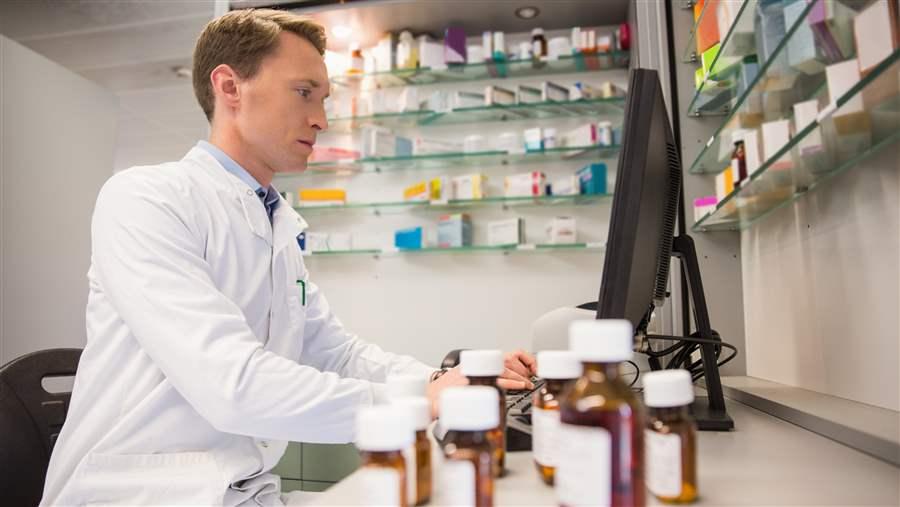Research Helps Inform Responsible Antibiotic Use in Food Animals
As momentum grows, science-based interventions can help protect livestock health and minimize the development of drug resistance

Research work can offer guidance on the challenging questions that people on the front lines of food animal production encounter every day.
© iStock
Studies by agricultural researchers are providing data to veterinarians and producers on how to continue to improve the use of antibiotics while appropriately managing animal health. This research demonstrates evidence-based approaches to using these drugs judiciously and minimizing the development of resistant bacteria. While more work is necessary, a few notable studies highlight challenging issues. They can help veterinarians and producers design strategies for protecting animal health while reducing the need to use antibiotics by addressing the following questions:
- Whether to vaccinate. One informative study, albeit limited in scope, took place on a commercial pig operation in Canada. Data from 12 production cycles demonstrated that vaccinating against a common swine virus called porcine circovirus led to improved animal productivity and reduced antibiotic use. In fact, the return on investment for each vaccine dollar invested was estimated at CA $6.60. When producers must weigh factors such as cost-effectiveness against efficacy, studies such as this can offer significant insights on whether to vaccinate.
- How to prevent introduction of harmful bacteria into the herd or flock. A systematic review evaluated the on-farm sources of Campylobacter, a common foodborne pathogen, in broiler chicken and made a number of concrete recommendations on how best to keep the bacterium out of the chicken house. Recommendations included specific cleaning and disinfection protocols from one flock to the next and physical barriers to prevent the inadvertent introduction of Campylobacter from the outside world. Research like this gives producers important practical tools for preventing infections, thereby reducing the need for antibiotics.
- Which antibiotic to use, if any. Sick animals need to receive the appropriate care, but, as with humans, an antibiotic is not always the right choice. Depending on the specific infection, an antibiotic may not be effective and may also be costly and result in negative side-effects. One recent study evaluated the conditions under which antibiotics are not beneficial for treating enteric (intestinal) disease in cattle and developed clear treatment recommendations for a number of different clinical situations. This type of study provides important information for decision-making about animal health management and antibiotic use.
Studies such as these help provide veterinarians and producers with the evidence necessary to inform their decisions to use antibiotics responsibly—only when needed and in the most effective way possible. Such research offers guidance on challenging questions that people on the front lines in food animal production encounter every day. Continued funding and support for innovative studies like these is crucial to make progress in the fight against drug-resistant bacteria and to protect animal health.
Karin Hoelzer works on The Pew Charitable Trusts’ safe food and antibiotic-resistance projects and is a veterinarian by training.








